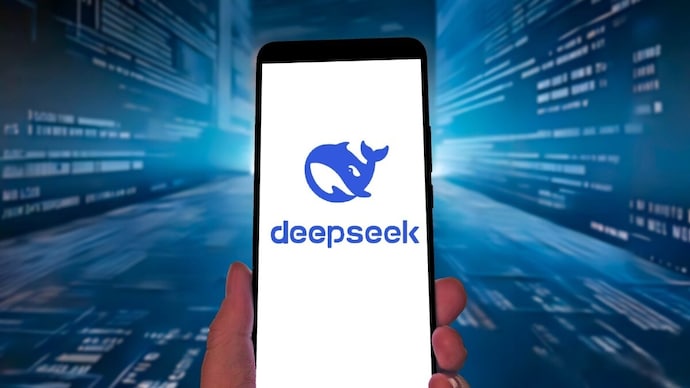
DeepSeek-R1-Safe: China’s Redesigned AI Model Focuses on Government Compliance and Content Restrictions
DeepSeek, one of China’s most popular large language models (LLMs), has undergone a major redesign to align more closely with government regulations and speech boundaries. According to Reuters, a new version called DeepSeek-R1-Safe has been launched with the goal of steering clear of politically sensitive topics and ensuring compliance with strict content limitations imposed by Chinese authorities.
Interestingly, this latest upgrade was not developed directly by DeepSeek itself. Instead, Huawei partnered with researchers from Zhejiang University to retrain the open-source DeepSeek R1 model using 1,000 of its powerful Ascend AI chips. The purpose was to add tighter safeguards without severely affecting performance. Huawei reports that the updated system now shows stronger resistance to “toxic speech, politically sensitive content, and incitement to illegal activity,” while sacrificing only about 1% of its original speed and efficiency.
DeepSeek-R1-Safe Avoids Politically Sensitive Conversations
Huawei claims that the new version is “nearly 100% successful” at avoiding political or controversial subjects in standard conversations. However, loopholes remain. The success rate drops sharply to around 40% when users employ techniques such as role-playing or indirect prompts to disguise their intentions. This highlights a familiar challenge in advanced AI systems: while safeguards are effective on the surface, creative user inputs can still push models toward restricted topics.
This development reflects China’s broader strategy to tightly regulate artificial intelligence. The government requires all public-facing AI systems to follow strict national values and approved boundaries of expression. Other Chinese AI tools already operate within these limits—for example, Baidu’s Ernie chatbot reportedly blocks discussions about China’s internal politics or the ruling Communist Party. DeepSeek-R1-Safe is the latest step in ensuring that emerging AI technologies remain compliant.
Global AI Regulation: Not Just a Chinese Phenomenon
China is not alone in reshaping AI to match cultural and political priorities. In early 2025, Saudi startup Humain launched an Arabic-native chatbot designed to reflect Islamic culture, values, and traditions while maintaining fluency in Arabic. This move underscores a growing global trend: countries are tailoring artificial intelligence models to local identities rather than relying exclusively on Western-built systems.
Even in the United States, cultural influence is acknowledged. OpenAI has admitted that its chatgpt model is “skewed toward Western views.” This raises a deeper question: can AI ever be truly neutral, or will it always reflect the social, political, and cultural biases of the environment where it is trained?
The U.S. Pushes Its Own AI Alignment
The U.S. government has also stepped into the conversation on AI alignment. Earlier this year, the Trump administration rolled out the America’s AI Action Plan, which requires any AI system working with government agencies to remain “neutral and unbiased.” However, the definition of neutrality carries strong political undertones. An executive order signed by Trump mandates that ai models must reject “radical climate dogma,” “diversity, equity, and inclusion,” and other progressive concepts such as “critical race theory” and “systemic racism.”
This demonstrates how AI regulation in the U.S. also reflects political priorities—just framed differently from China’s model of compliance.
AI Regulation is Becoming a Global Reality
The bigger picture is clear: AI systems are no longer judged only by their technical abilities. Increasingly, they are being evaluated on whether they align with the cultural, political, and ideological values of the regions where they are deployed. From China to Saudi Arabia to the United States, governments are actively shaping the boundaries of AI to ensure these powerful technologies reinforce national interests rather than challenge them.
DeepSeek-R1-Safe may be a uniquely Chinese response to regulatory pressure, but it is also part of a worldwide movement. Across continents, policymakers are defining what AI can and cannot say, making governance just as important as innovation in the future of artificial intelligence.
For breaking news and live news updates, like us on Facebook or follow us on Twitter and Instagram. Read more on Latest Technology on thefoxdaily.com.





COMMENTS 0